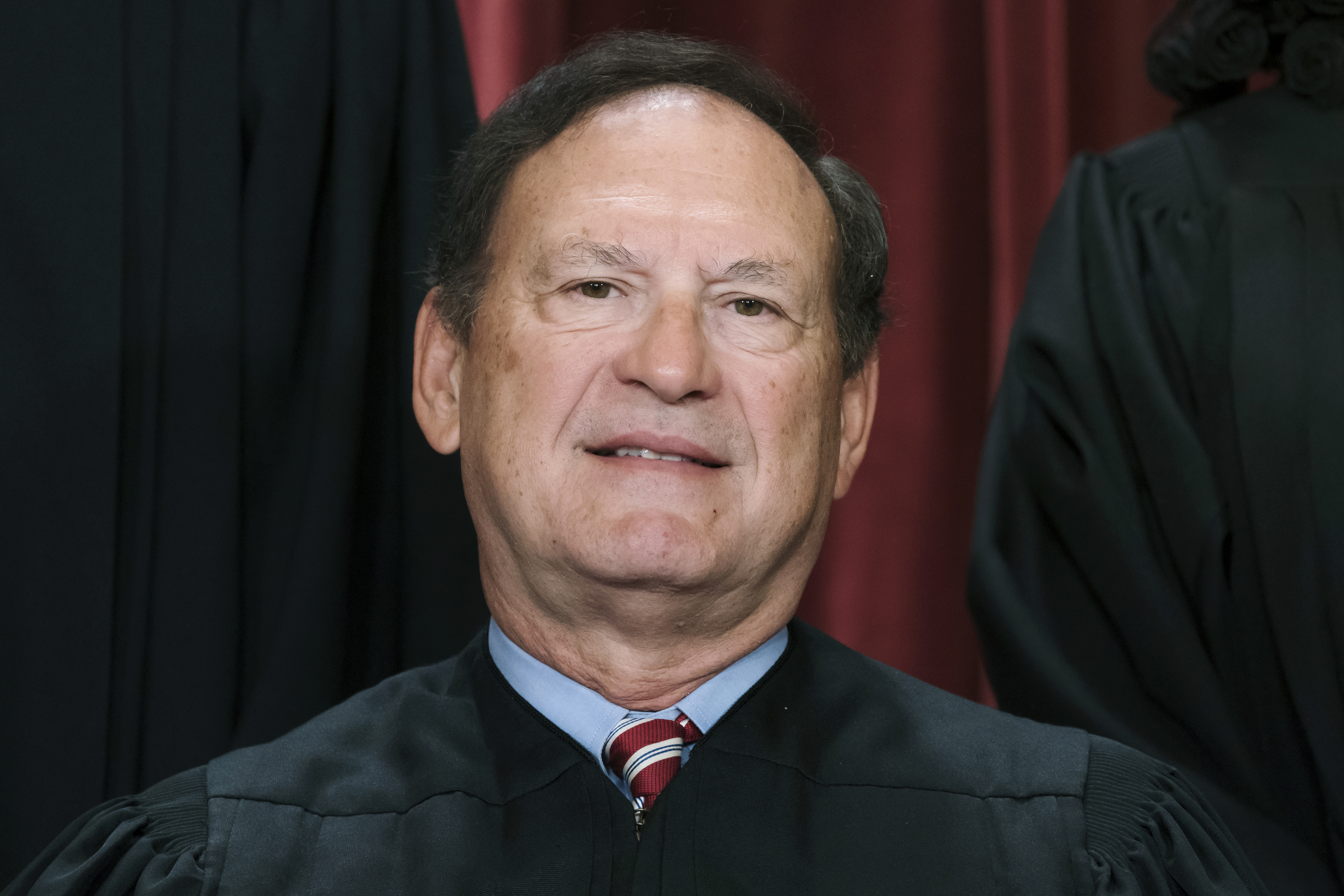
This story mentions sexual violence. If you or someone you know has been sexually assaulted, call the National Sexual Assault Telephone Hotline at 1-800-656-4673.
"Law & Order: Special Victims Unit" star Mariska Hargitay is sharing her story about when she was raped in her 30s.
Hargitay, 59, said a man she considered to be a friend raped her in an essay she wrote published in People on Jan. 10.
"It wasn’t sexual at all. It was dominance and control. Overpowering control," she wrote. "He was a friend. Then he wasn’t. I tried all the ways I knew to get out of it. I tried to make jokes, to be charming, to set a boundary, to reason, to say no. He grabbed me by the arms and held me down. I was terrified."
Hargitay said her body went into "freeze mode" during the encounter, a "common trauma response when there is no option to escape," she wrote.
"I didn’t want it to escalate to violence. I now know it was already sexual violence, but I was afraid he would become physically violent," she said. "I checked out of my body."
Hargitay said she could not process or believe what had happened, and that she removed it from the narrative of her life.
U.S. & World
"I now have so much empathy for the part of me that made that choice because that part got me through it," she wrote. "It never happened. Now I honor that part: I did what I had to do to survive."
As Hargitay portrayed detective Olivia Benson on "Law & Order: Special Victims Unit," she founded Joyful Heart, an organization with a mission to heal, educate and empower survivors of sexual assault, domestic violence and child abuse.
Feeling out of the loop? We'll catch you up on the Chicago news you need to know. Sign up for the weekly Chicago Catch-Up newsletter here.
"I was building Joyful Heart on the outside so I could do the work on the inside," she wrote. "I think I also needed to see what healing could look like."
She referenced previous speeches where she had said she was not a survivor herself: "I wasn’t being untruthful; it wasn’t how I thought of myself."
Hargitay wrote that she occasionally shared details of what the man did to her with those closest to her, but that she minimized it.
"Then things started shifting in me, and I began talking about it more in earnest with those closest to me," she wrote. "They were the first ones to call it what it was. They were gentle and kind and careful, but their naming it was important."
When those people shared the meaning of rape with her and said it could be useful to compare it to what happened to her, she said she began to see it differently.
"Then I had my own realization," she wrote. "My own reckoning."
"Now I’m able to see clearly what was done to me," she continued. "I understand the neurobiology of trauma. Trauma fractures our mind and our memory. The way a mirror fractures."
Hargitay added she has "navigated a lot of unwanted advances," but what happened to her went "beyond that."
"That’s why I’ve talked so much about acquaintance rape, because many people still think of rape as a man jumping out of the bushes," she wrote. "This was a friend who made a unilateral decision."
As for justice, Hargitay acknowledged it may look different for each survivor, but she wanted an acknowledgment and an apology.
"That is a beginning. I don’t know what is on the other side of it, and it won’t undo what happened, but I know it plays a role in how I will work through this," she wrote.
Hargitay previously spoke about her experience in the Sept. 9, 2022, episode of the "Gutsy" docuseries with Chelsea and Hillary Clinton.
"I just recently started sharing with people that I was raped. And I feel so grateful of being able to say that, although it was a long journey for me, even me to be able to say it," she said. "But now I go, that thing that happened to me doesn't define me, right? If anything, look at me now."
As she approaches her 60th birthday, Hargitay wrote in her essay she is deeply grateful for where she is, and that's she's "still proudly in process."
"This is a painful part of my story. The experience was horrible. But it doesn’t come close to defining me, in the same way that no other single part of my story defines me," she wrote. "No single part of anyone’s story defines them."
Hargitay added she hopes that one day sexual assault survivors face no shame, and that the perpetrators will be the ones to be shamed. She also said she wants sexual violence to end.
"Sexual violence persists not because of something unchangeable in our human condition, it exists because power structures are in place that allow it to happen. Those power structures are so pervasive that no one is immune from them," she wrote. "The violence ends when the power structure changes."
This story first appeared on TODAY.com. More from TODAY:



